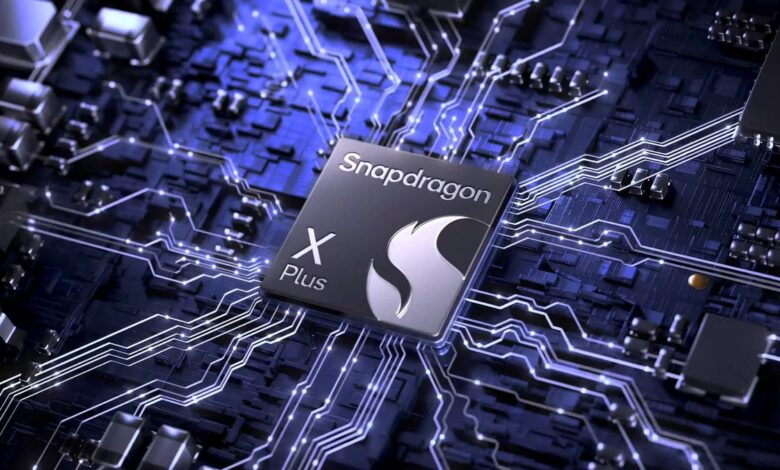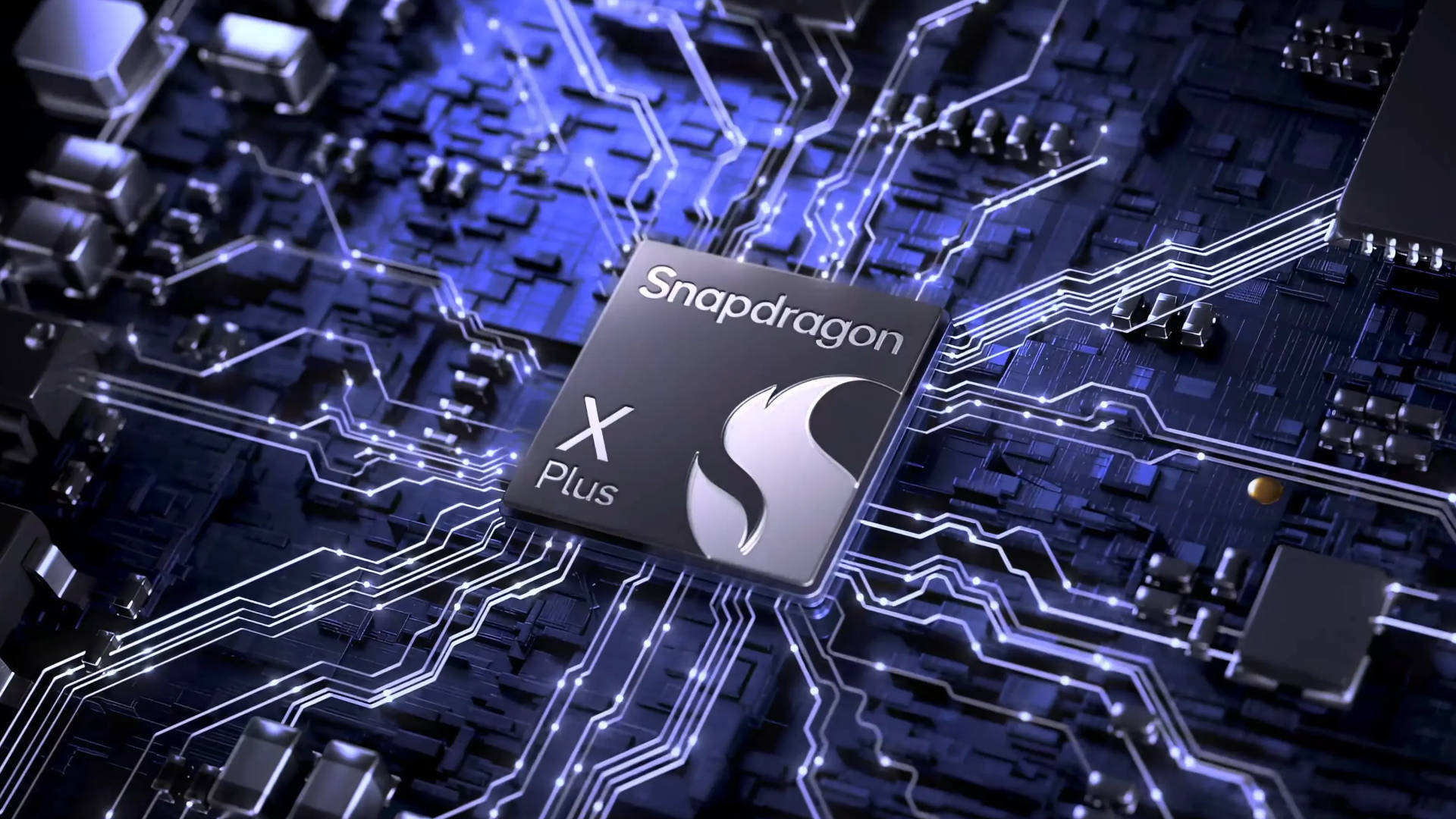The arm won’t continue chasing Qualcomm’s people for reasons of permission to play tricks, but the legal quarrel isn’t over yet

Listen, I only have humans, I like a big commercial slap, just like the next guy. Unfortunately, these legal attacks sometimes end with a little anti-climax, which puts us into the abandonment of British semiconductor design companies Arm and Qualcomm.
Instead of continuing to fight, Arm decided to stop trying to terminate Qualcomm’s license to produce chips under its technology (through the registry). This means Qualcomm is free to continue producing its ARM-based laptop chip series, the Snapdragon X CPU series, bringing some closure to the legal dispute that has been raging since August 2022. Keep watching the kiss wrestling.
Specifically, ARM attempted to terminate Qualcomm’s Building License Agreement (ALA), which, if successful, would mean Snapdragon X’s gaming and potential Microsoft’s Copilot+ AI PC. However, according to Qualcomm’s latest quarterly financial report, ARM is withdrawing its latest legal challenge, and as of January 8, “there is currently no plan to terminate Qualcomm ALA while retaining its rights until the ongoing lawsuit.”
In short, it all started with Nuvia, a startup company from Qualcomm in 2021. Nuvia’s entire deal is trying to build ARM-based server chips, although its expertise will eventually be used elsewhere. Qualcomm is also an ARM ALA licensee and thinks it really likes Nuvia’s CPU design because of its own integrated Snapdragon chip, so it boots up.
Arm believes that sharing these designs based on their technology without a say seems to be a violation of Nuvia and Qualcomm’s Alas. These years have been many unsuccessful legal challenges, which have recently led to the arms throwing all of their toys out of the stroller, and issued a 60-day notice in October 2024 in October 2024. In January this year, ARM notified Qualcomm that it would withdraw the notice. Except for the vagina, right?
However, this does not mean that the dust has been determined by any imagination. As mentioned earlier, the lawsuit is still underway in court cases filed in December 2024. ARM argued a huge loss of revenue, but the jury found that Qualcomm did not violate its ALA, allegedly (via the register).
Under ARM’s regulatory application, both parties are still seeking to clarify exactly the judgment of the post-jury motion for trial, which may be subject to another legal rumble on the cards later. Time will prove.




